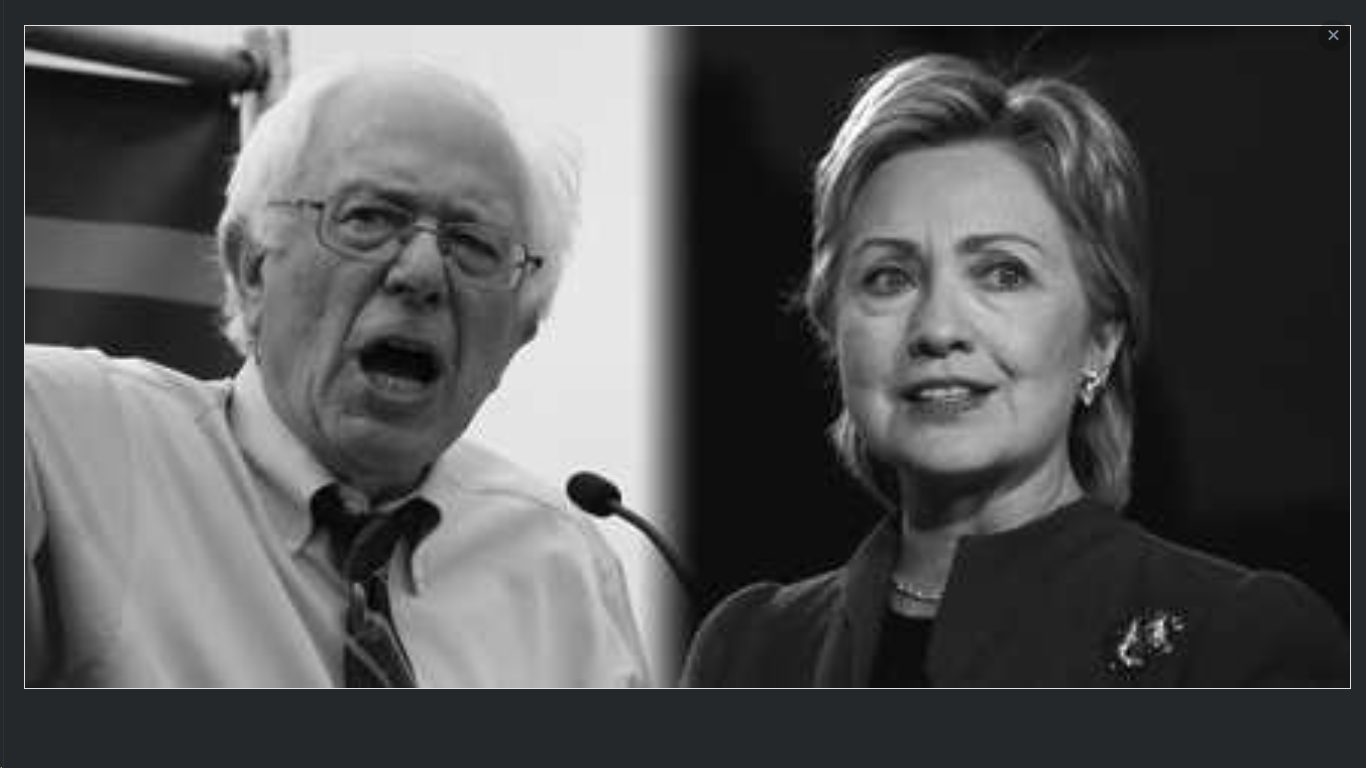Alex Stogin, Columnist
The 2016 presidential race is now well under way as candidates from both parties look to secure their nomination for the general election next fall. All summer the candidates have been travelling the country trying to gather support from their bases. Now they are entering the debate season. On Aug. 6 the Republicans hosted their first primary debate to a record-breaking television viewership. Meanwhile, the Democratic National Convention (DNC) announced its debate several days later and has since drawn criticism from multiple democratic candidates, including Senator Bernie Sanders and Governor Martin O’Malley.
Given the recent events that have unfolded, I have come to agree with Sanders and O’Malley that the DNC is doing the Democratic Party and its supporters a disservice by limiting the debates to only six and prohibiting the candidates from participating in any other debates. Currently, the schedule favors Hillary Clinton, the current Democratic frontrunner, by limiting the amount of air time the other candidates will receive.
The DNC announced that it will sanction six debates throughout the primary election. Four of those debates will be held before the early voting states, such as Iowa and New Hampshire, take to the polls. The first of these debates is scheduled for Oct. 13 in Las Vegas. Several democratic candidates have criticized this schedule.
Vermont Senator Bernie Sanders and former Maryland Governor Martin O’Malley slammed the DNC for limiting the number of debates they will host. They also took issue with a new rule that prevents the candidates from participating in non-DNC sanctioned debates, threatening candidates who participate in non-sanctioned debated with a ban from participating in the sanctioned ones.
Both candidates have accused the DNC of rigging the debates in order to favor the democratic frontrunner Hillary Clinton to some degree.
Both of these candidates spoke at the DNC summer meeting in Minneapolis last week and used part of their time calling for more debates to be held. O’Malley came out directly and accused the DNC’s schedule of being “…calculated in favor of Hillary Clinton.”
Senator Sanders did not directly accuse the DNC of favoring Clinton but said it was possible. While both of these candidates and many other liberals have made calls to the DNC, it is unlikely that the committee will add any additional debates. DNC chairwoman Debbie Wasserman Schultz said that she decides the debate schedule and that there won’t be any recourse on the current debate plan.
Although I do recognize that Sanders and O’Malley have a lot more to gain from extra debates than Hillary Clinton does, I still believe six debates do not give the candidates adequate time to make their stances clear. The current setup favors Clinton by limiting the exposure of the other candidates. I feel as though Senator Sanders spoke on behalf of liberal voters by recognizing we are fed up with “politics as usual” and want to be able to hear from all of our candidates.
In the 2008 primary election, the DNC had over two-dozen debates and in this election the Republican National Convention (RNC) has up to 12 debates planned. Six debates simply do not give the Democratic candidates in this race a chance to compare their stances face to face.
With the DNC’s obvious resistance to adding more debates, I believe students here should get the most they can out of the six scheduled debates. Then they can make an informed vote in April’s primary for whom they believe deserves to be the democratic candidate come fall.

